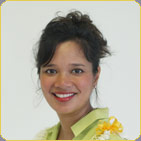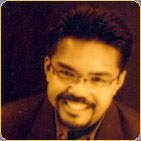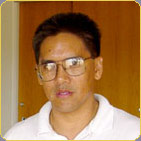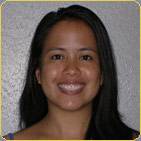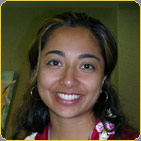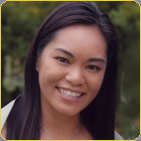Curriculum Design
Team
Let’s hear from each person about why they joined the Filipino
American Curriculum Project.
Patricia: This project was a way for me to infuse
my passions for my Filipino heritage, the “bayanihan spirit” and
multicultural curriculum development. It is dedicated to my two children
Marissa and Jordan so that they may see positive representations
of themselves as Filipinos and always be proud of who they are. I
thank my husband, AJ for supporting me throughout this endeavor and
for being a life partner who works to better our Filipino community
through education and political empowerment.
Theo: It's been an honor to work on this project
with wonderfully talented and dedicated folks. I love this venture
for the same reasons that I love playing music with others: I'm reminded
that we always learn more by working with others, that there is still
so much more to not only learn but also to un-learn, and that we
all have a responsibility (especially to the younger ones) to put
more beauty, love and passion into the world before we leave.
Rudy: As a child growing up in school, I often
wondered: Why couldn’t I learn about our culture and heritage?
I view this project as a way to address my question. Now as I get
older, I find myself trying to educate my children and own students.
I continue to learn about the rich history of the Filipino American
people. The more I learn, the more I want to pass the knowledge
to the next generation. This project is a good start.
Judith: As a young girl, I knew I was Filipino,
but feeling Filipino wasn’t special. Had I known now what
it meant to be Filipino, I would have presented myself a Proud
Filipina. As an elementary teacher, I still see myself in my Filipino
girls – unsure of their brown beauty, and notice the Filipino
boys hold back their bilingual tongue to fit in. I realize I must
be a positive role model for our Filipino youths. This project
has allowed me to work with fellow Filipino American educators
and impress on our youths the importance of knowing our Filipino
history and making their own positive contributions to American
society. To our future Filipino American Leaders – gently
and with love, honor yourself and Filipino heritage.
Farzana: Being of Filipino and Pakistani ethnic
background and originally from Vancouver, Canada, I believe that
students should honor themselves and their families by learning
about their own heritage, history, and traditions. Being active
in the community and proudly expressing your identity is a way
to teach others about your culture.
Josie: I was inspired to work on the Filipino
American Curriculum Project because when I was growing up, Filipino
American history was never taught in school or even mentioned in
my history classes. Contributing to this project was a great opportunity
for me to learn about my own history and ensure that future generations
will never be as ignorant as I was growing up.
David: In the face of the Web's rapid spiral into
explicit commercialization and segregation I am committed to projects
that have a centripedal push. Projects like this one
recognize that which is unique while simultaneously distributing
it through a vast amplifying meshwork of diverse,
potential
connections. This is the original purpose and function of the
Web. Welcome home.
